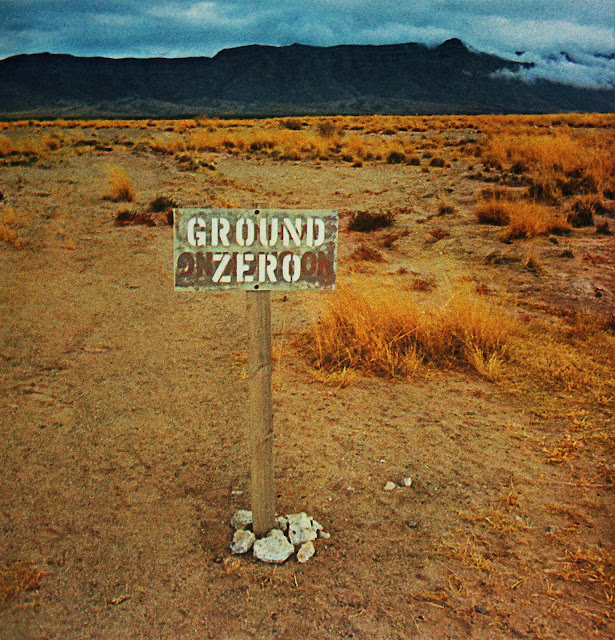Notes on the First Two Paragraphs of Dialectic of Enlightenment
by Gene Ray
The two paragraphs
that open Dialectic of Enlightenment (hereafter DoE) set out some key elements of the Frankfurt
critique of modernist science. The text, based on transcribed discussions
between Horkheimer and Adorno (H&A), was worked up in Los Angeles between
1941 and 1944. Toward the end of that period, Brecht, also in exile in LA,
began the collaboration with Charles Laughton that would result in 1947 in the
staging of a revised, post-Hiroshima Life of Galileo. In both DoE and Galileo, the problem of science and its broken promise
is forcefully, if differently, inscribed. Now as then, the problem is an urgent
one.
The following notes
belong to a work-in-progress: Galileo in the Force Field reflects on the legacies of modernist
science, still-unfolding in world facing biospheric meltdown. More notes and
fragments will follow, on the way to book-form. Here, I re-read the remarkable
opening of DoE; rereading it, I end up retranslating the first two paragraphs.
These are offered, for better or worse, followed by a short commentary and some
remarks on the standard translations. In this context (scurvy tunes), the gist
of H&A’s paragraphs and their importance for a critical reorientation of
science will, I trust, resonate helpfully.






